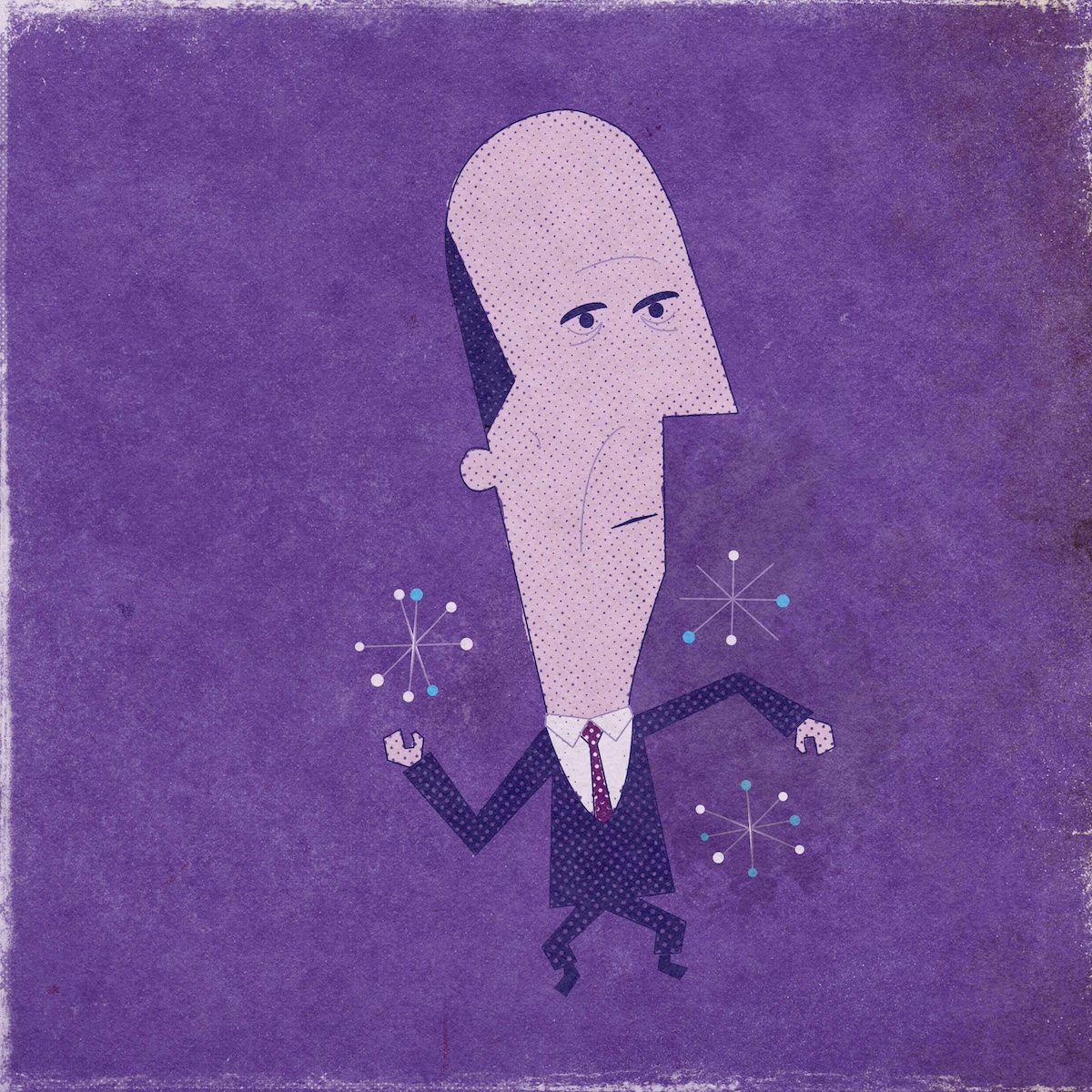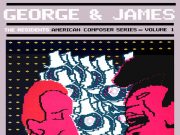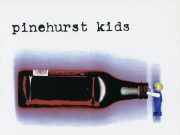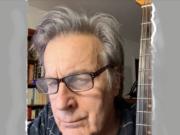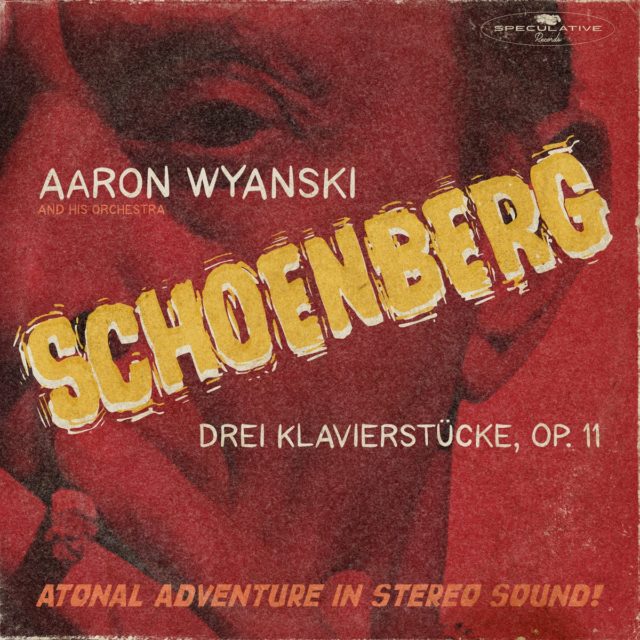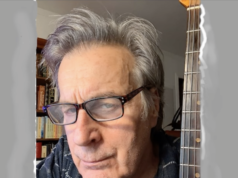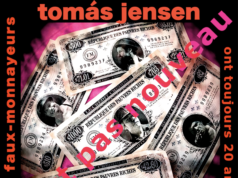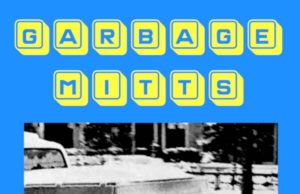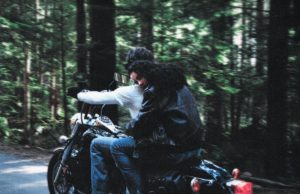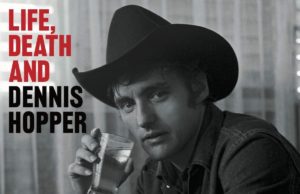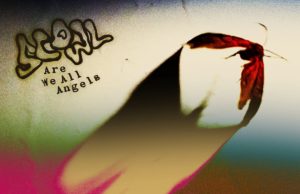Aaron Wyanski jazzes up another set of experimental avant-garde works in his intriguing and inventive new EP Schoenberg: Drei Klavierstücke, Op. 11 — showcasing today on Tinnitist.
Wyanski, a well-known composer, pianist and musicologist in Maine, continues his exploration of and homage to the great composer Arnold Schoenberg on this three-track release. Fascinated by Schoenberg’s compositions from a young age and his concept of atonality, this is Wyanski’s third in a series of deep dives into the concept via the medium of jazz.
Known today as one of history’s most famous music theorists, Schoenberg’s atonality theory (though he didn’t much care for the actual term) and structure has been deemed one of the most influential on modern music, his compositions in the early 20th century giving way to the genre of jazz as we know it today, and forward into almost all genres which are popular today. If you like dissonance in your music of any kind, Schoenberg is the one to thank.
Despite most of Schoenberg’s compositions still being largely in the classical style and set, Wyanski can easily feel the link between classical and jazz music via this concept of atonality. When it comes to experimental jazz and jazz fusion, it seems Wyanski really wanted to put it to the test with this series. Schoenberg: Sechs Kleine Klavierstücke, Op. 19, Schoenberg Suite Op. 25 and this latest work use Wyanski’s mastery of atonality and dissonance, classical composition and jazz to create a truly new take on the old master’s vision.
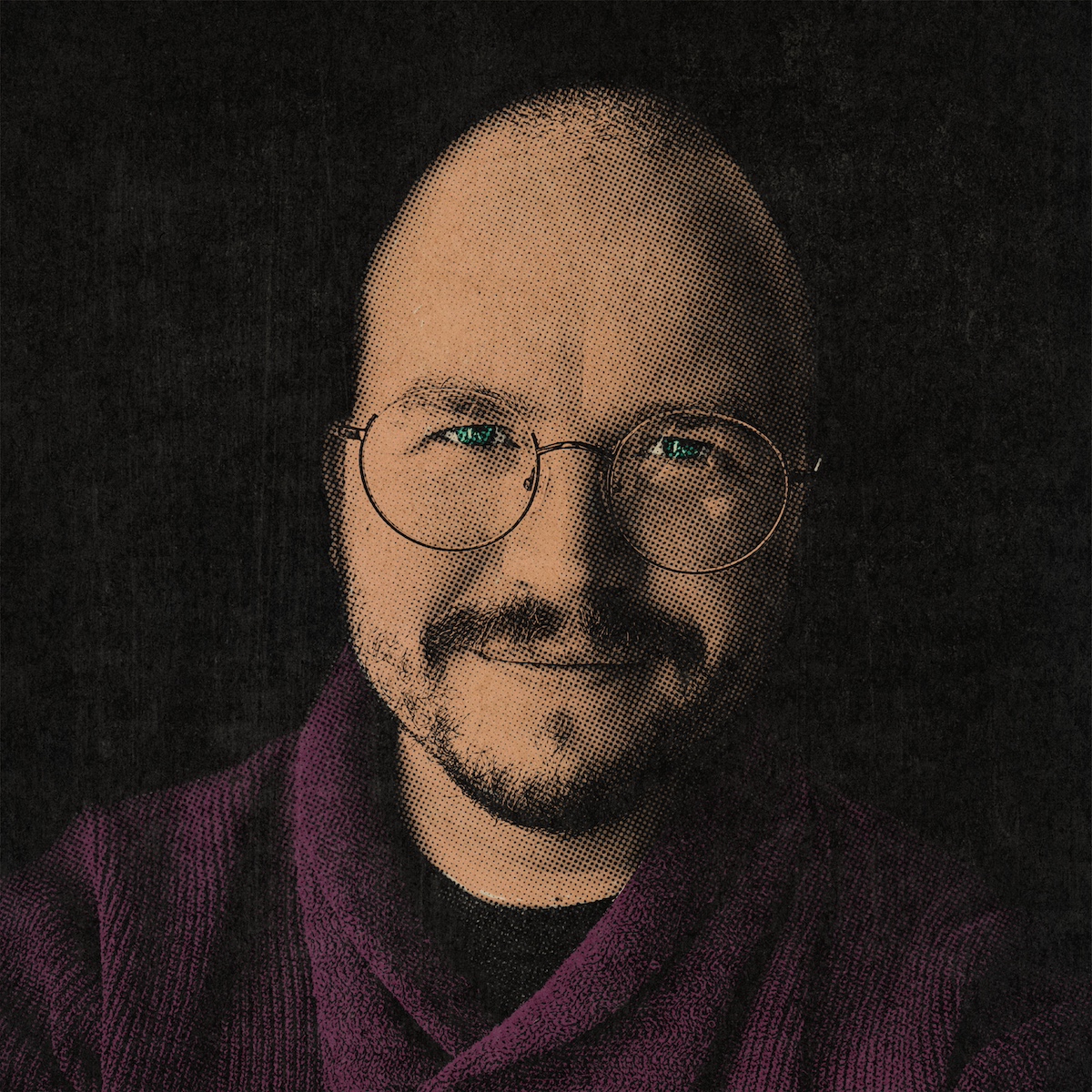
“Atonal music collapses this binary,” Wyanski explains. “Historically, consonances were justified theoretically by the harmonic overtone series — the physical phenomenon that allows for our perception of definite pitch. The basic building block of tonal harmony is the triad, which is made up of the first three different notes in the overtone series. But Schoenberg argues that, since actually every note is present in the overtone series, just farther along the line, the difference between consonance and dissonance is only one of relation — an artificial boundary. As with most binaries, this collapse reveals that the binary was false all along. For me, this is one of the most beautiful things about the universe. Really take that in for a moment: when you hear one note, all notes are present. A single pitch is an infinity.”
Following the idea not only from Schoenberg but with other dissonant and experimental artists such as Frank Zappa and Philip Glass, Wyanski’s compositions almost have a musique concrète feel to them, being seemingly disjointed compositions that also loop back on themselves. The intersection of all these loops creates that “all notes are present” feel that’s so key to these three compositions. Schoenberg: Drei Klavierstücke, Op. 11 is a thought-provoking listen, but one which ultimately shows the intricacies of music, laid bare, rather than covering them up with melody or some illusion of continuum. If there’s any continuum here, it’s the infinity of music, and Wyanski wants us to hear it.
Listen to Schoenberg: Drei Klavierstücke, Op. 11 below, and keep up with Aaron Wyanski on his website, Facebook and Instagram.
